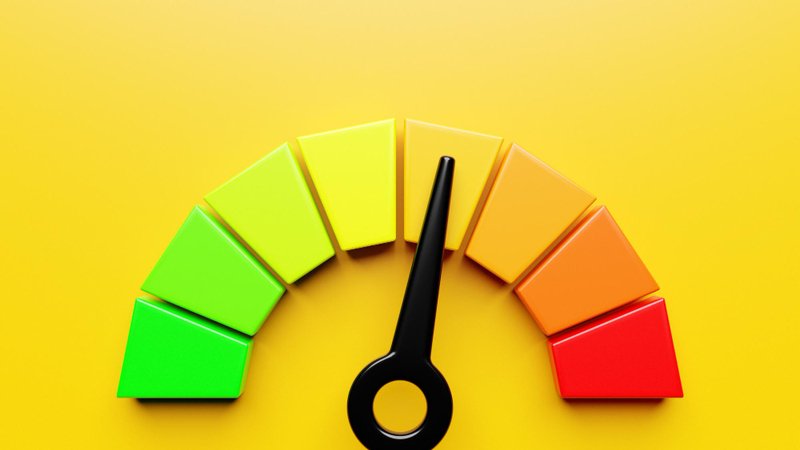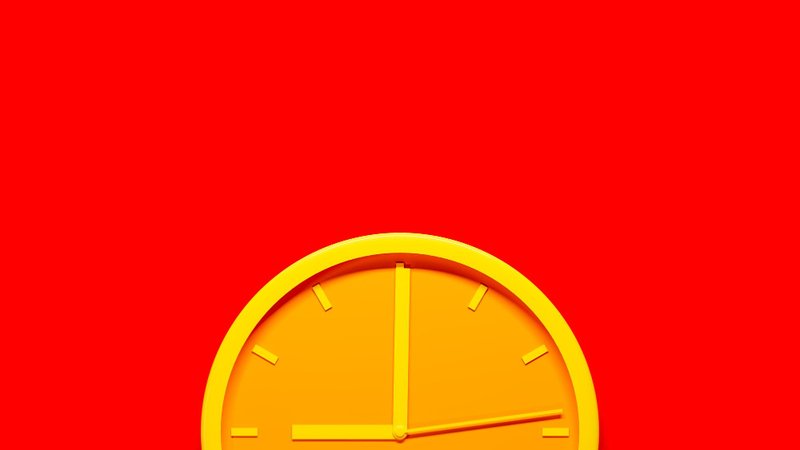Understanding Efficiency and Productivity:
While often used interchangeably, efficiency and productivity have distinct nuances:
Efficiency focuses on how well resources (time, money, effort, materials) are utilized in a process. An efficient process minimizes waste and maximizes the output achieved per unit of input. It's about doing things right.
Productivity focuses on the rate at which output is generated. It measures the amount of valuable output produced within a specific timeframe, often in relation to the resources consumed. It's about getting the right things done, and getting them done well.

The Interplay:
Efficiency often contributes directly to productivity. When processes are streamlined and resources are used effectively, more output can be achieved in the same amount of time and with the same level of resources. Conversely, high productivity can sometimes mask inefficiencies if the focus is solely on output volume without considering resource utilization. True success lies in optimizing both.

The Multifaceted Benefits of Improvement:
Striving for enhanced efficiency and productivity yields a wide range of significant advantages across various levels:
For Individuals:
More Time and Reduced Stress
Efficient work habits and productive workflows allow individuals to accomplish tasks more quickly, freeing up time for other priorities, reducing workload pressure, and minimizing stress.
Enhanced Career Prospects
Individuals who demonstrate high levels of efficiency and productivity are highly valued by employers. They are seen as reliable, effective, and capable of delivering results, leading to better career opportunities and potential for advancement.
Increased Sense of Accomplishment
Successfully managing time and resources to achieve goals fosters a sense of accomplishment, boosts self-esteem, and increases job satisfaction.
Better Work-Life Balance
By working efficiently and productively during work hours, individuals can better separate their professional and personal lives, leading to a healthier and more fulfilling overall existence.

For Teams and Organizations:
Reduced Costs and Increased Profitability
Efficient processes minimize waste, lower operational expenses, and maximize the return on investment for resources, directly contributing to increased profitability.
Faster Turnaround Times and Improved Customer Satisfaction: Productive teams can deliver goods and services more quickly, leading to shorter lead times, improved responsiveness to customer needs, and ultimately, higher customer satisfaction and loyalty.
Optimal Resource Allocation
By understanding where resources are being used most effectively, organizations can make informed decisions about allocation, ensuring that efforts are focused on high-impact activities.
Enhanced Agility and Adaptability
Efficient and productive organizations are better positioned to respond quickly to changing market demands, adapt to new technologies, and seize emerging opportunities.
Improved Employee Morale and Engagement
When processes are streamlined and individuals feel they can accomplish their tasks effectively, it reduces frustration and increases a sense of purpose and contribution, leading to higher morale and engagement.
Sustainable Growth
By optimizing resource utilization and maximizing output, organizations can achieve sustainable growth without overstraining resources or compromising quality.

Strategies for Enhancing Efficiency and Productivity:
Achieving improved efficiency and productivity requires a conscious and multifaceted approach:
Process Optimization
Analyzing existing workflows to identify bottlenecks, redundancies, and areas for improvement. Implementing streamlined processes and adopting best practices.
Technology Adoption and Automation
Leveraging technology to automate repetitive tasks, improve communication, and enhance data analysis, freeing up human capital for more strategic activities.
Skill Development and Training
Investing in training and development to equip individuals with the skills and knowledge needed to perform their tasks effectively and utilize tools efficiently.
Effective Time Management Techniques
Implementing strategies like prioritization matrices, time blocking, and minimizing distractions to maximize focus and output.
Clear Goal Setting and Task Management
Defining clear objectives, breaking down large tasks into smaller, manageable steps, and utilizing project management tools to track progress.
Fostering a Culture of Continuous Improvement
Encouraging feedback, identifying areas for ongoing optimization, and implementing a mindset of constantly seeking better ways of working.
Ergonomics and Workplace Optimization
Creating a comfortable and efficient physical work environment that minimizes distractions and promotes well-being.
Regular Performance Monitoring and Feedback
Tracking key performance indicators (KPIs) related to efficiency and productivity, providing regular feedback, and making data-driven adjustments.

In Conclusion:
Improved efficiency and productivity are not just buzzwords; they are fundamental drivers of success in all aspects of life and business. By consciously striving to optimize our processes, leverage our resources effectively, and maximize our output, we can unlock our full potential, achieve our goals more effectively, and create a more prosperous and fulfilling future. The pursuit of efficiency and productivity is an ongoing journey of refinement, adaptation, and a commitment to continuous improvement.

